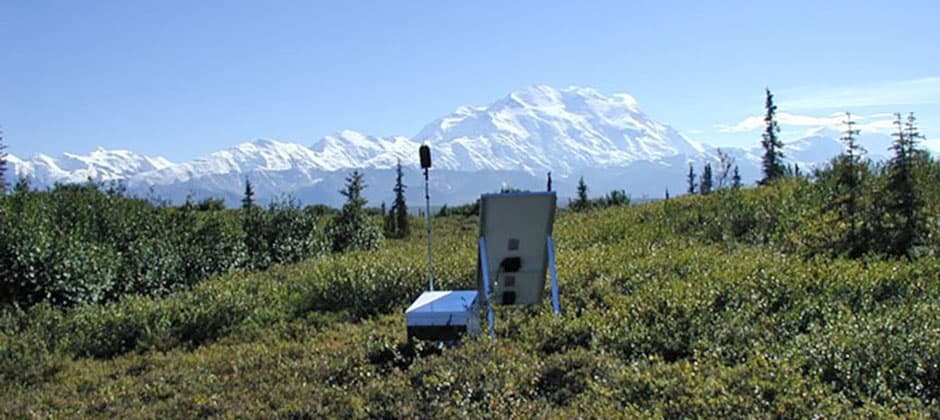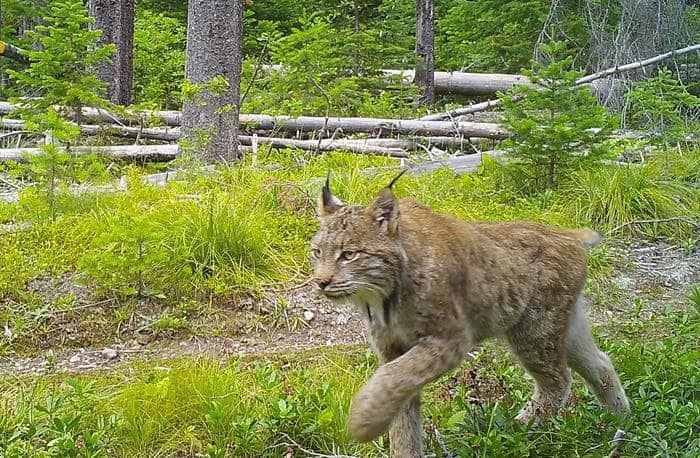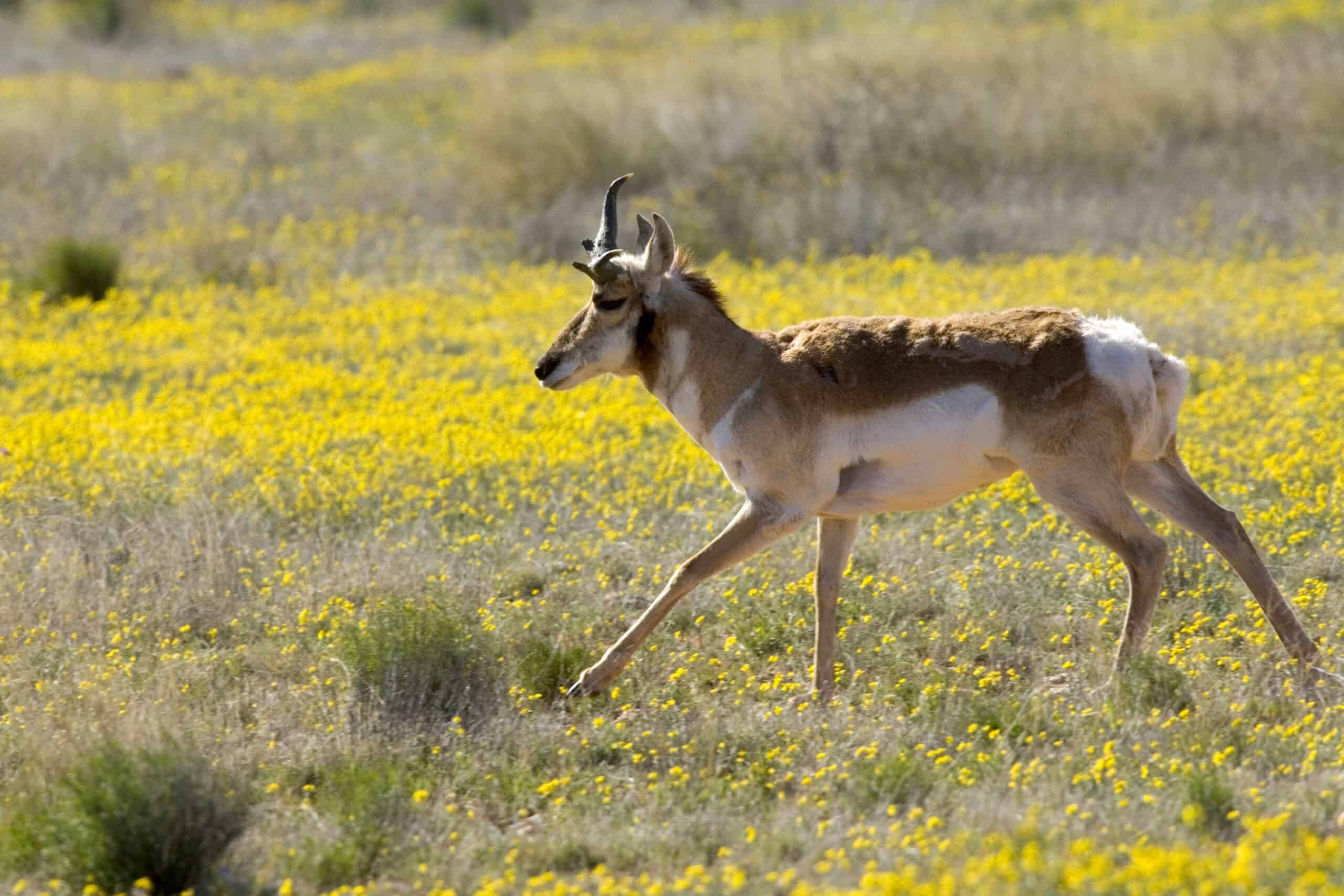Share this article
Birds sound off when aircraft fly by
When researchers studied the effects of aircraft flying over national parks, they expected the noise would cover up any bird song, and maybe cause birds to startle and hush up. Instead, they found birds actually increase their sounds when aircraft fly by, and they can sometimes go quiet for hours after they pass.
“It’s likely the same thing is happening everywhere,” said Kurt Fristrup, a branch scientist for science and engineering at the National Park Service, who presented the findings at the 178th Meeting of the Acoustical Society of America earlier this month. “There is no reason to suspect this behavior is unique to national parks.” But there are still several big questions about what it means in the conservation perspective.”
National Park Service staff had been studying sounds in the parks since 1987 when Congress directed them to monitor human sound amid a rapid growth of flights over the Grand Canyon and other parks. When Fristrup joined NPS in 2005, he launched acoustical monitoring in as many parks as possible to understand more about human effects on natural noise.
He and his colleagues decided to use the sound recordings from this project to listen not just for human noise but to bird sounds. Listening to a million 10-second sound clips, trained research associates and student employees recorded if they heard aircraft, vehicles on a road, bird sounds or other sounds. They found that if a recording sample had the sound of an aircraft, the students’ ability to detect bird sound increased by 2%.
“We were surprised,” Fristrup said. They expected that it would be harder for humans to hear bird noise over such loud aircraft. They even suspected the birds might freeze if they heard outside noises that might be threats.
The study is “the strongest case that sound alone is causing this effect,” he said. In past research, it was hard to be sure if birds were responding to noise or to some other related factor, he said. In this study, bird sounds increased even in the presence of jets flying too high to see.
But researchers don’t know why the birds were either getting louder or singing more frequently in the presence of aircraft sound. Fristrup said it could be that the birds are compensating by becoming louder so other birds can hear them. Or maybe they perceive the aircraft noise as a threat, so they make more noise. “We don’t know the answer,” he said.
Birds didn’t always increase their sounds, though. When they had sensed an aircraft earlier in the day, birds were less likely to be heard, Fristrup said, indicating that “history matters” in their response to sound.
“Recent exposure increases bird sound detection; exposure some hours ago decreases bird sound detection.,” he said. “We were astonished.”
Fristrup said further research may tell them more about bird cognition in addition to clarifying the conservation implications. The researchers also plan to investigate which species and which types of calls are most affected.
Header Image: The National Park Service uses acoustic monitoring sites to track noise in the parks. Researchers were surprised to find an increase in bird noise when aircraft flew overhead. ©National Park Service








